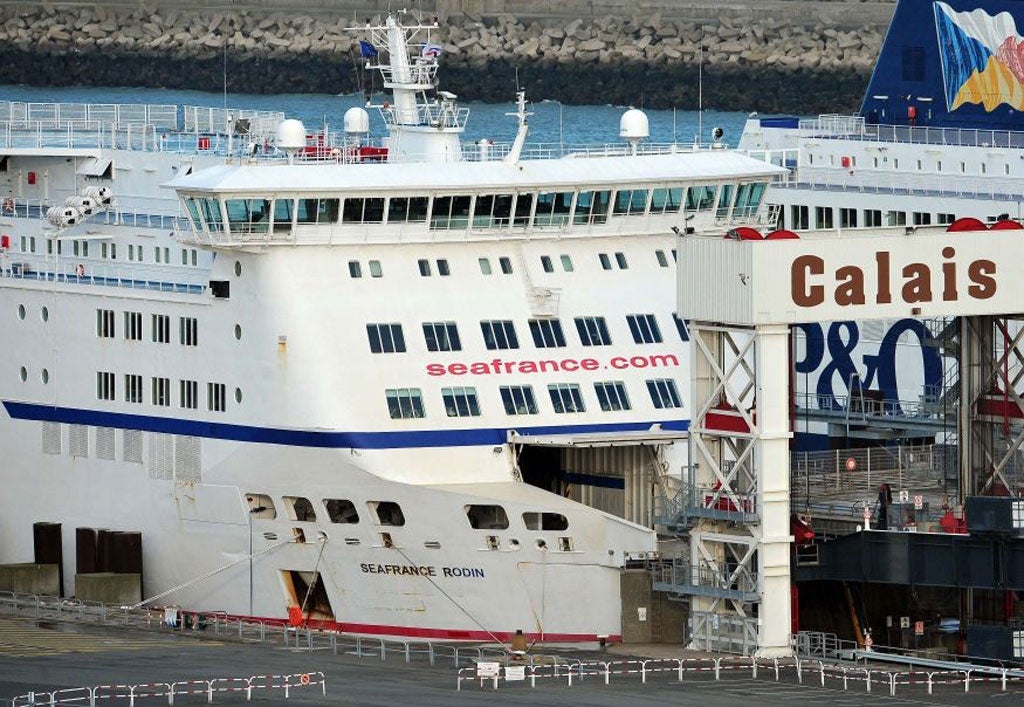Simon Calder: How Brits can benefit from French subsidies
The man who pays his way

Your support helps us to tell the story
From reproductive rights to climate change to Big Tech, The Independent is on the ground when the story is developing. Whether it's investigating the financials of Elon Musk's pro-Trump PAC or producing our latest documentary, 'The A Word', which shines a light on the American women fighting for reproductive rights, we know how important it is to parse out the facts from the messaging.
At such a critical moment in US history, we need reporters on the ground. Your donation allows us to keep sending journalists to speak to both sides of the story.
The Independent is trusted by Americans across the entire political spectrum. And unlike many other quality news outlets, we choose not to lock Americans out of our reporting and analysis with paywalls. We believe quality journalism should be available to everyone, paid for by those who can afford it.
Your support makes all the difference.A holiday in France is one of life's sweeter treats. Even better: a holiday in France subsidised by the French taxpayer. Any day this winter, you can hop aboard the bus at Nice airport for the two-hour climb from sea level to the ski resort of Isola 2000, for a pauper's fare of €4. (For comparison, the market fare for the much shorter transfer from Geneva airport to Morzine costs €28.)
The reason why the British traveller can capitalise on such cheap links is that the local council underwrites it for the benefit of the dozen or more communities along the route. So long as tourists like us are merely filling empty seats and do not displace locals from the bus, the enterprise has appealing synergy. Your small change helps (minimally) to mitigate the cost of a social service. And the more Brits who are lured to the delicious south-east of France by absurdly low fares, the greater the benefits for the community.
UK travellers at the other (and rather less sparkling) end of France have enjoyed years of equally generous support from les contribuables. French taxpayers had been propping up the fine SeaFrance fleet between Dover and Calais, until this week when the line was placed into liquidation by a French court.
ppp SeaFrance's debts total €190m, representing about £5 for every passenger that ever sailed with the line since it started in 1996. This state of affairs would have endured indefinitely, with the French government prepared to pump in an extra €200m – until the EU ruled this was an illegal state subsidy. About 1,000 workers, most of them French, have sadly lost their jobs.
The responses from rival firms range from measured to bizarre. P&O Ferries, which has bagged about 40 per cent of the short-sea market since the collapse of SeaFrance, said: "There is still plenty of overcapacity in the market, including peak times."
Eurotunnel, which enjoys a similar share of the Channel market with its car-carrying trains from Folkestone and Calais, could also have sat back and watched fares gently rise now that SNCF's subsidiary has sunk, financially speaking. Instead, Eurotunnel offered to buy SeaFrance's ships and lease them to a workers' co-operative– a result of its remit to boost the economy of northern France.
Even more astonishing: a joint statement from rivals DFDS and LD Lines announcing plans to sail two ships "under the French flag over the Strait ... manned only with French seafarers".
How that squares with EU law on free movement of labour is a mystery, but no doubt any arrangement will include an element of subsidy for UK travellers crossing to the Continent, courtesy of the ever-generous French.
travel@independent.co.uk
Join our commenting forum
Join thought-provoking conversations, follow other Independent readers and see their replies
Comments